Gender equality within filmmaking cannot be achieved until the finances that power productions are evenly split, according to a Sarajevo CineLink panel of producers and directors, presented by Mastercard.
Watch the session above.
Antoneta Alamat Kusijanović, who won the Camera d’Or at this year’s Cannes Film Festival with her debut feature Murina, said a major “disbalance” still exists between the number of men and women making films and that “quotas are absolutely necessary in financing” to correct this.
“Still, in 2019, 84% of the public money in Europe was assigned to men,” said the Croatian filmmaker, whose Murina played in competition at Sarajevo Film Festival. “I don’t understand how that is possible. We need to be equally financed.”
She specified that it was not about the same number of men and women receiving financing but the monetary value that needed redressing. “The value of the money needs to be equal,” the filmmaker added. “I think that’s where quotas are necessary.”
Alamat Kusijanović also questioned the impact of the Oscars’ recently-introduced diversity rules, claiming it encouraged “reverse engineering” on productions. She added that more women emerge from film schools than men and yet fewer receive the necessary finance. “The answer that I get, which is really crazy, is that ‘women have a family, they have a kid and then the time goes away’. I just worked with a woman who has five kids and shot 125 films,” she stated of her DoP Helene Louvart.
The panel, titled ’What women want: quotas and reality’, also included Aida Begić, the Bosnian filmmaker who won the Critics Week grand prize at Cannes with Snow.
“If you look at American cinema, it would be impossible to imagine certain indie films, directed by women, nominated or even shortlisted for Oscars before,” she said, after the panel highlighted the likes of Chloe Zhao’s Oscar-winning Nomadland. “We should keep pushing and use the momentum because the next day something else will be fancy and sexy to push in cinema. This is our time.”
However, she did express concern over how box-ticking could impact creativity. “I think quotas have two sides: a political aspect, which is needed, but the other is how it reflects on the filmmaker,” said Begić. “We’ve come to a point where we as women directors are trying to do certain projects that are going to conform to those expectations regarding content and characters, and in this sense I feel trapped.”
Agustina Chiarino, the Uruguayan producer behind Berlinale Silver Bear-winner The Heiresses, recognised that change was happening but agreed that a new push was necessary.
“It’s a transition and this is a moment where we need a push,” she said. “We need new voices. That is a must. The world is changing, we are changing and we need other people to tell us stories.”
The panel was presented by Sarajevo’s CineLink platform. Screen International is a media partner of CineLink.



















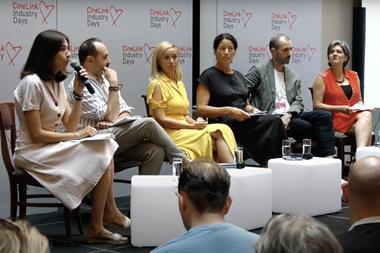
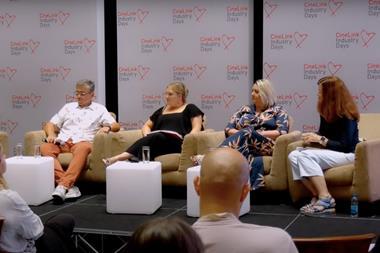

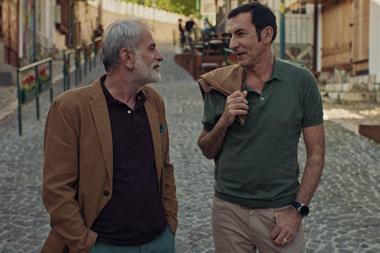
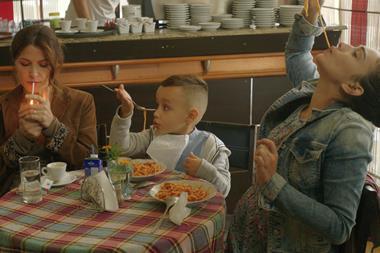


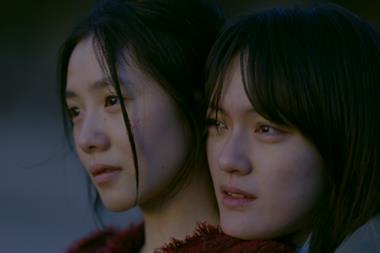









No comments yet